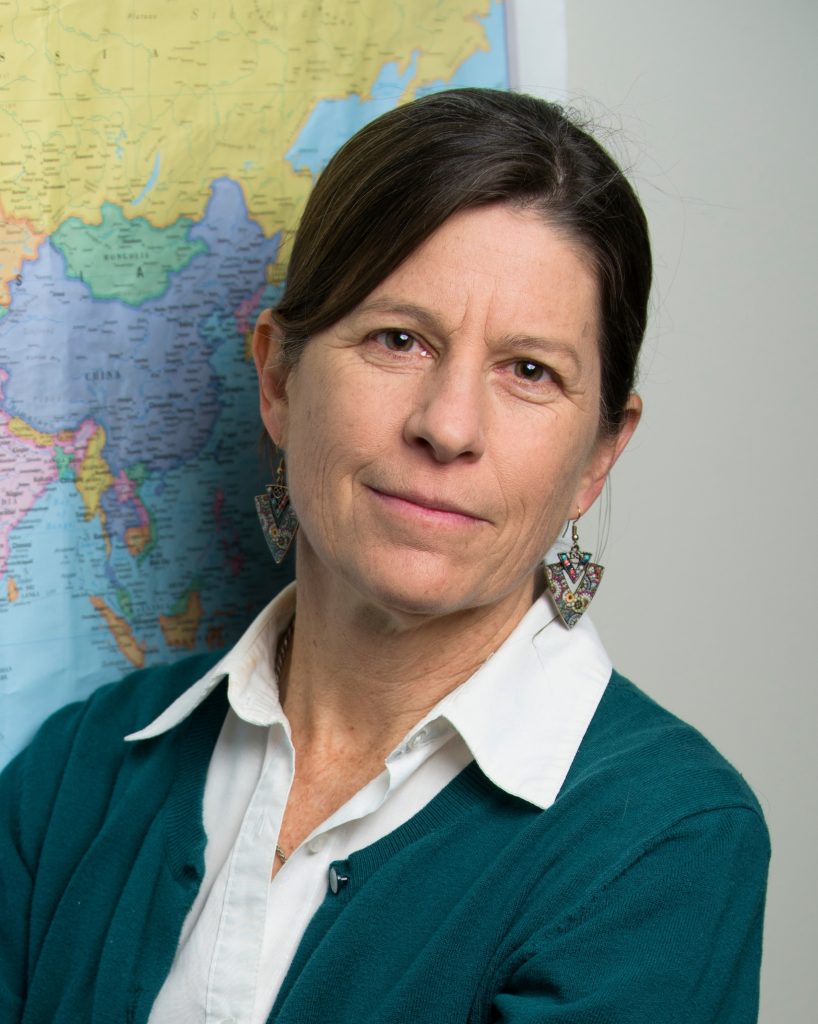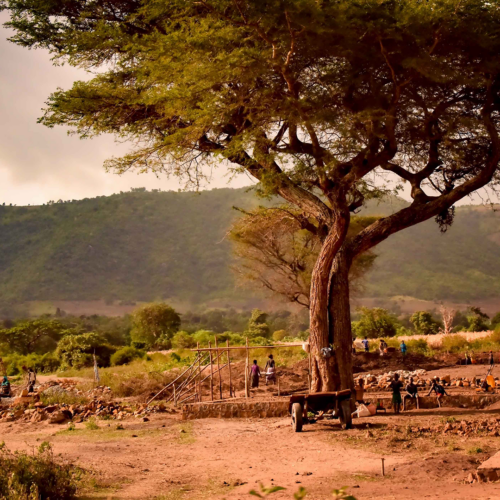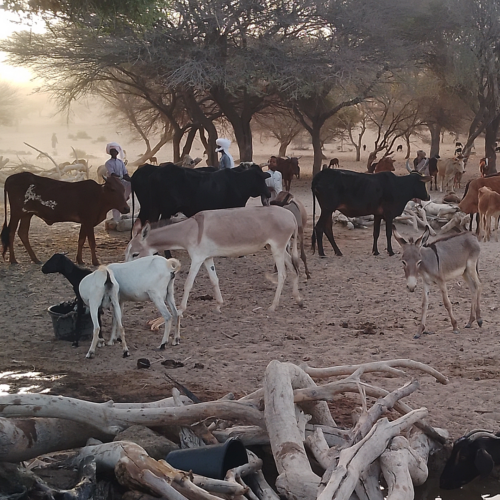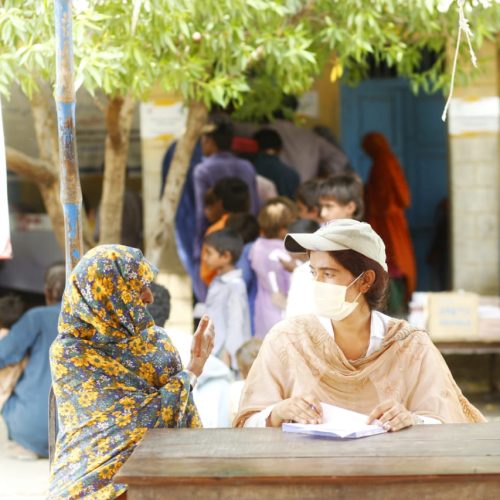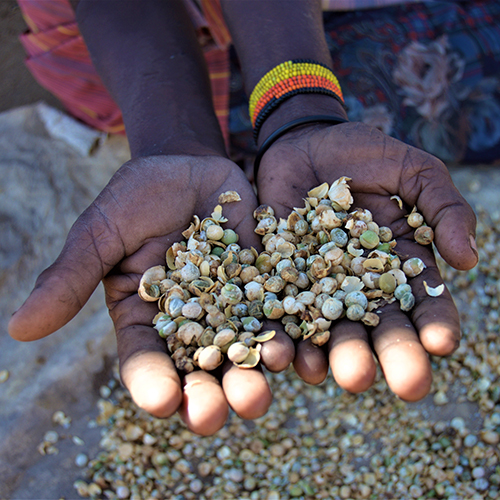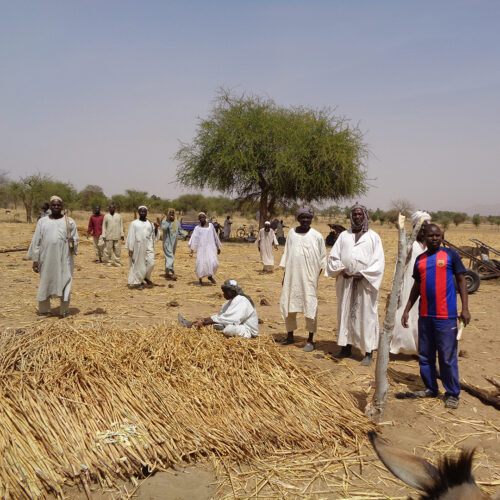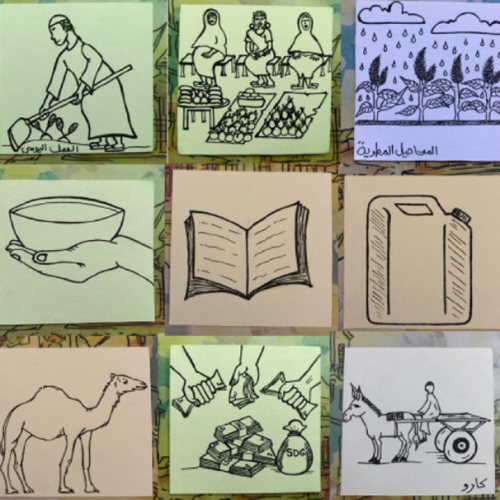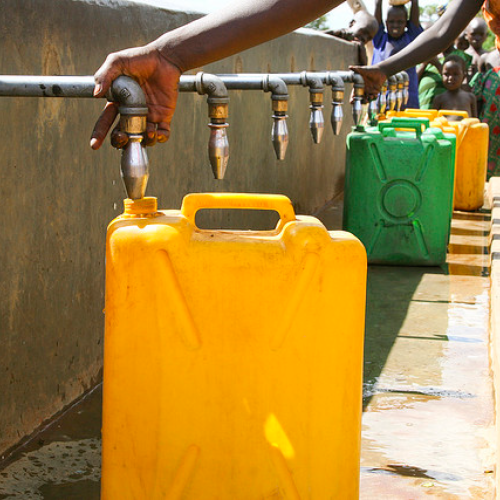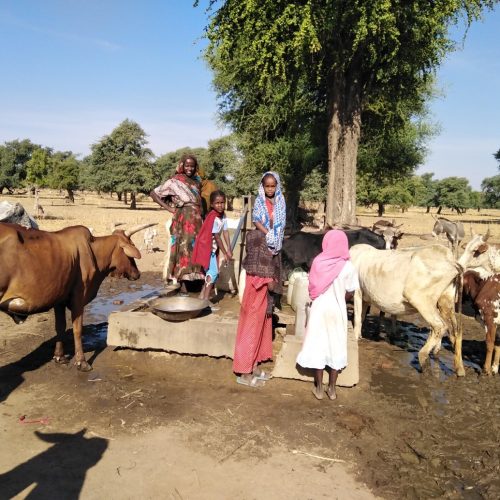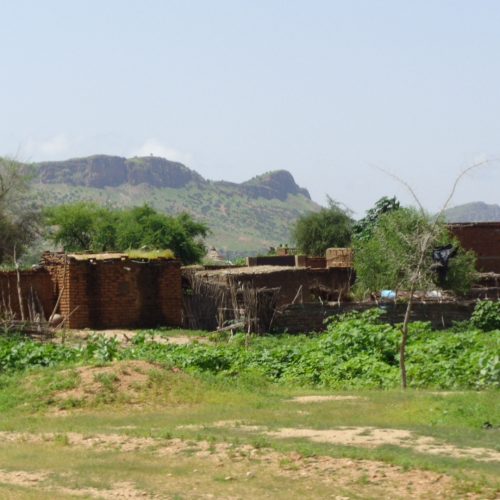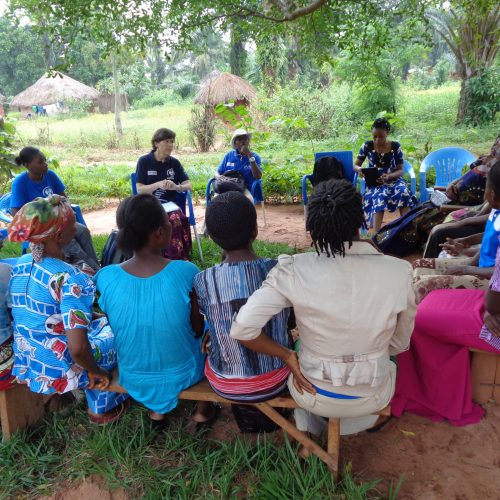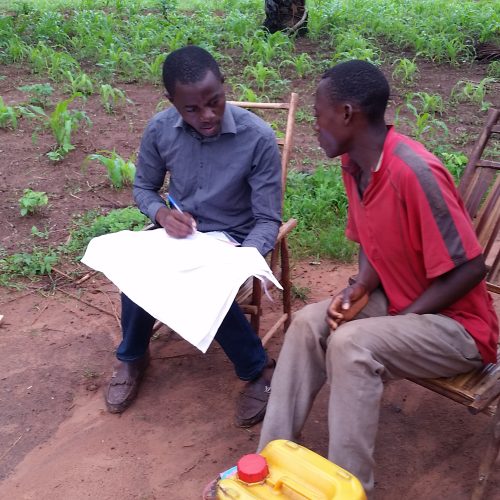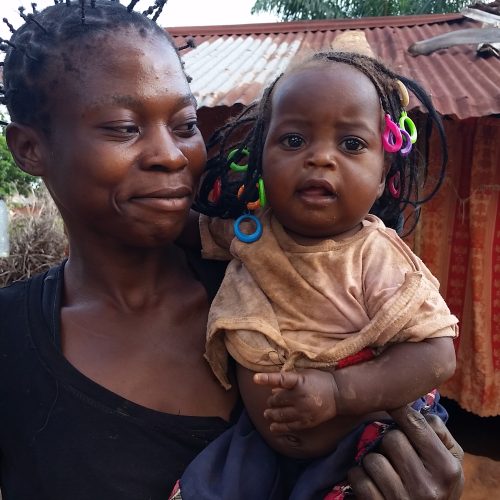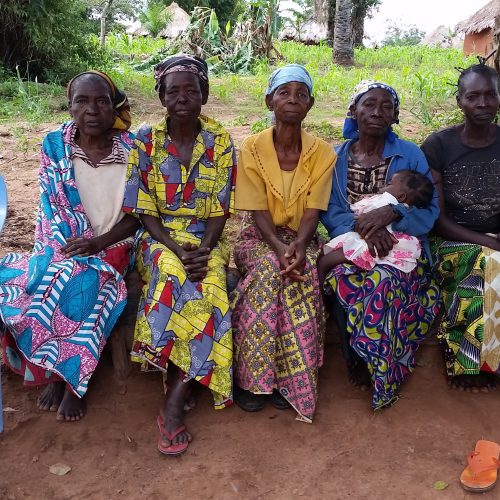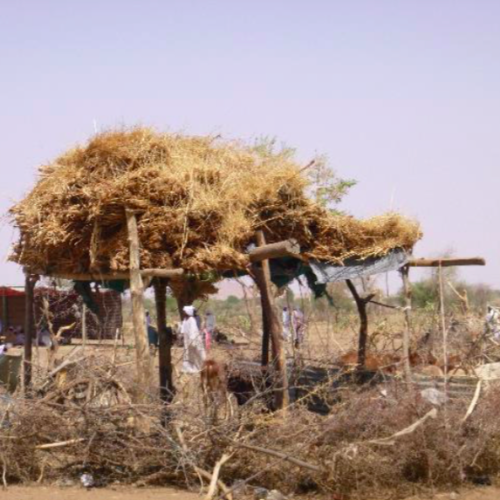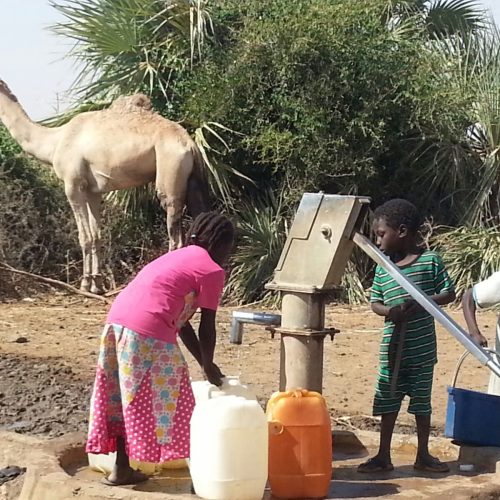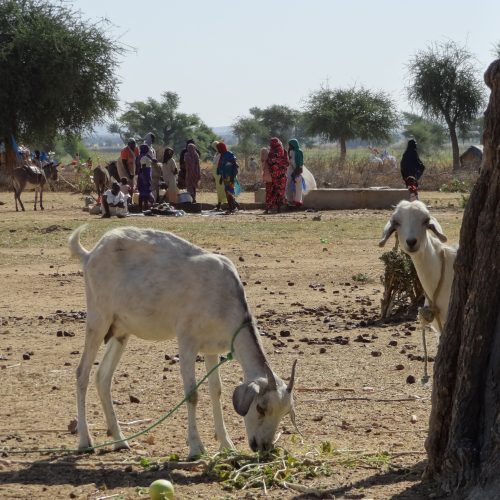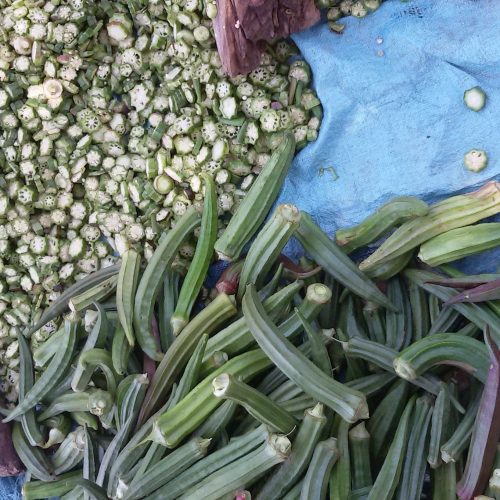Jewish doctors in the Warsaw Ghetto secretly documented the effects of Nazi-imposed starvation, and the knowledge is helping researchers today – podcast Starvation was omnipresent in the Warsaw Ghetto for both…
Merry Fitzpatrick
Contact
Click here to read Merry’s Young Scholar Profile.
Merry’s research interests span two separate but related fields. She has had a long-term interest in livelihoods and food security in conflict and post-conflict settings. The focus of this work is on supporting local strategies that households and communities use to mitigate, cope with, and recover from the effects of conflict. More recently, she has been studying the etiology of kwashiorkor malnutrition in order to design preventive interventions in extremely low resource settings and biomarkers to indicate the early stages of kwashiorkor. Although Merry has worked in most regions of the world, her research interests are primarily in central Africa around the Great Lakes, and the Sahel.
Merry has more than 20 years of field experience in humanitarian response. She worked with multiple humanitarian agencies, including the International Rescue Committee, GOAL Ireland, and Food for the Hungry. Most recently, at World Concern she was the Relief Director and then the Senior Director for Technical Support. With Feinstein she conducted research on the Somalia famine, resilience and livelihoods in Darfur, Sudan, and pastoralism. Additionally, she was the international research team leader on the Sudan Humanitarian Assistance and Resilience Program (SHARP) and continues to contribute to the center’s research.
Merry holds a B.S. in chemistry from University of North Carolina at Chapel Hill, an M.B.A. with a concentration in international development from Hope International University, an M.Sc. in food policy and applied nutrition and a Ph.D. from the Friedman School of Nutrition Science and Policy at Tufts.

